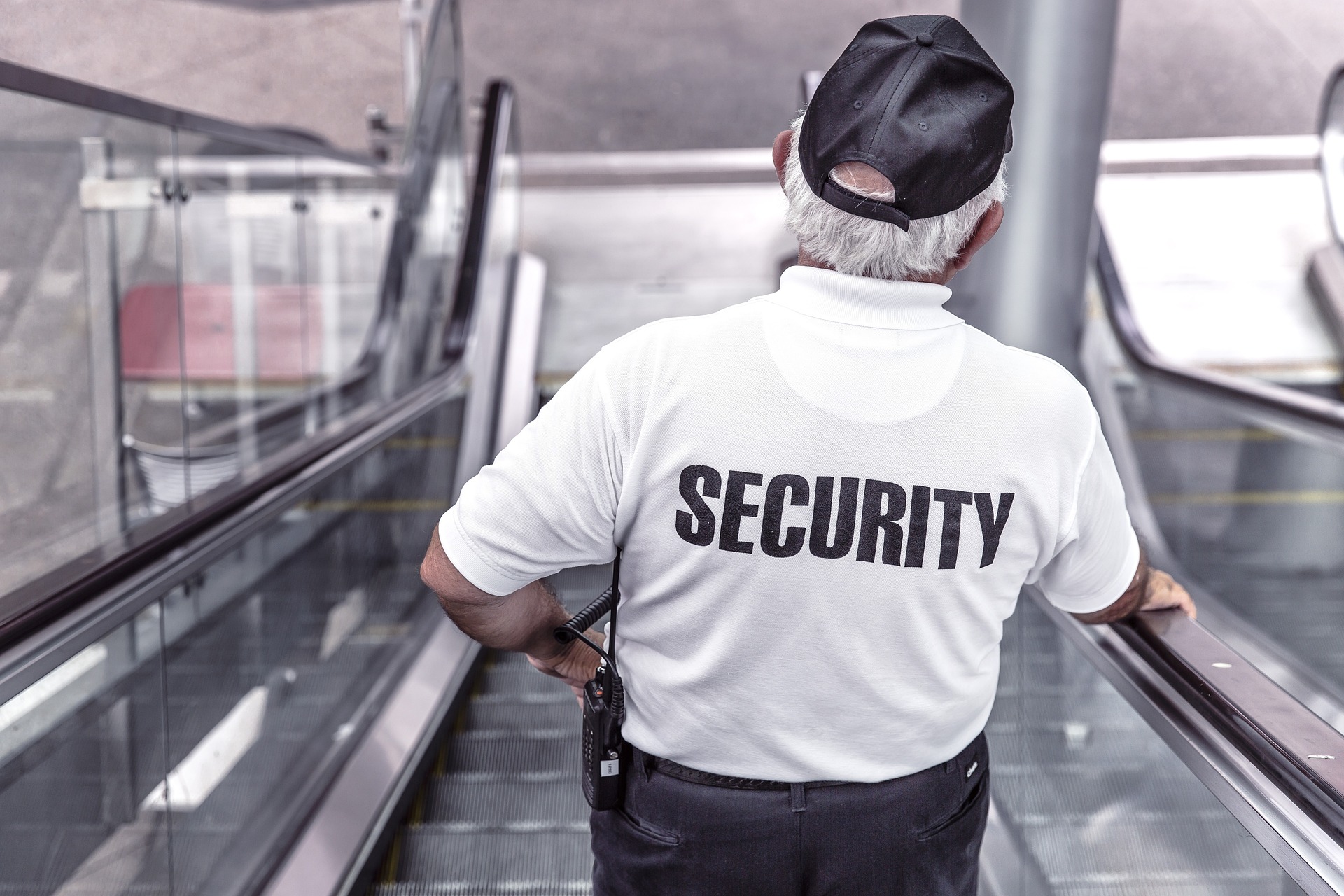Security & Safety – how it really works
The security and safety sector plays a vital role in protecting people, property, and information across various industries worldwide. From corporate environments to public spaces, security professionals ensure order and mitigate risks. Understanding how this field operates, what it takes to enter the profession, and how careers develop can help those considering this path make informed decisions. This article explores the core principles, training requirements, career progression, and international standards that define modern security work.

Security and safety work encompasses a broad range of responsibilities designed to prevent threats, respond to incidents, and maintain secure environments. Professionals in this field may work in physical security, cybersecurity, event management, transportation, or critical infrastructure protection. The nature of the work varies significantly depending on the sector, but the underlying goal remains consistent: safeguarding assets and people through vigilance, preparedness, and effective response.
How Do Reliability and Safety Define Security Work?
Reliability forms the foundation of all security roles. Employers and clients depend on security personnel to perform consistently under various conditions, often during irregular hours or high-pressure situations. This reliability extends beyond punctuality to include sound judgment, ethical conduct, and the ability to follow protocols precisely. Safety protocols are central to daily operations, requiring professionals to understand risk assessment, emergency procedures, and legal boundaries. Security personnel must balance assertiveness with restraint, ensuring situations are managed without escalating unnecessarily. Regular audits, incident reviews, and adherence to industry standards help maintain high reliability across teams and organizations.
What Are the First Steps to Getting Started in Security?
Entering the security field typically begins with obtaining relevant certifications or licenses, which vary by country and region. Many jurisdictions require a security guard license that involves background checks, basic training courses, and sometimes fingerprinting. Entry-level positions often include roles such as security officer, surveillance monitor, or access control personnel. Candidates should research local licensing requirements and consider completing first aid, CPR, and conflict resolution training to strengthen their applications. Some employers provide on-the-job training, while others prefer candidates with prior experience or military backgrounds. Networking through industry associations and attending job fairs can also open doors to initial opportunities. Building a professional reputation early through dependability and continuous learning sets the stage for long-term success.
How Does Development and Career Growth Happen in Security?
Career advancement in security depends on gaining experience, pursuing additional certifications, and demonstrating leadership capabilities. Entry-level officers can progress to supervisory roles, shift leaders, or site managers by showing initiative and mastering operational procedures. Specialized areas such as executive protection, cybersecurity, risk management, or investigations offer pathways for those seeking niche expertise. Advanced certifications from recognized bodies enhance credibility and open doors to higher-level positions. Many professionals transition into corporate security management, consulting, or government roles after accumulating years of field experience. Continuous education through workshops, seminars, and industry conferences keeps skills current and relevant. Mentorship and cross-training in different security domains broaden perspectives and prepare individuals for diverse challenges. Career growth often correlates with the ability to adapt to evolving threats and technologies.
Why Are Respect and International Cooperation Important?
Security work increasingly involves collaboration across borders, especially in sectors like aviation, maritime security, and multinational corporations. International cooperation ensures consistent standards, information sharing, and coordinated responses to global threats. Respect for cultural differences, legal frameworks, and local customs is essential when security professionals operate in diverse environments. Many international organizations and treaties establish guidelines that member countries adopt to harmonize security practices. Professionals working in international settings must understand diplomatic protocols and maintain professionalism regardless of location. Mutual respect between security teams, clients, and the public fosters trust and effective communication. Ethical conduct and adherence to human rights principles are non-negotiable, particularly in regions with varying legal standards. Building a reputation for integrity and cultural sensitivity enhances career opportunities in global security markets.
What Training and Support Systems Exist for Security Professionals?
Training programs range from basic certification courses to advanced tactical and technical instruction. Initial training typically covers legal authority, use of force, report writing, emergency response, and communication skills. Ongoing training addresses emerging threats such as cybersecurity breaches, active shooter scenarios, and terrorism awareness. Employers often provide refresher courses, scenario-based drills, and access to online learning platforms to keep teams prepared. Support systems include peer networks, professional associations, and employee assistance programs that address the mental and physical demands of security work. Mentorship programs pair experienced professionals with newcomers to facilitate knowledge transfer and career guidance. Access to modern equipment, technology training, and safety gear ensures personnel can perform duties effectively and safely. Industry certifications from organizations specializing in security standards validate skills and enhance professional credibility.
What Does a Typical Security Career Path Look Like?
A typical career in security begins with entry-level positions requiring minimal experience but strong character and reliability. After gaining foundational experience, professionals may specialize in areas such as loss prevention, event security, or corporate protection. Mid-career roles often involve supervisory responsibilities, training coordination, or client relationship management. Senior positions include security directors, risk managers, or consultants who design comprehensive security strategies for organizations. Some professionals transition into related fields such as emergency management, law enforcement, or private investigation. Geographic mobility and willingness to work in challenging environments can accelerate career progression. Continuous skill development and networking within industry circles remain critical throughout all career stages. Long-term success in security relies on adaptability, ethical standards, and a commitment to protecting others.
The security and safety sector offers diverse opportunities for individuals committed to maintaining order and protecting assets. By understanding the importance of reliability, pursuing proper training, and embracing continuous development, professionals can build rewarding careers in this essential field. International cooperation and respect for diverse environments further enhance the effectiveness and reach of security work worldwide.




